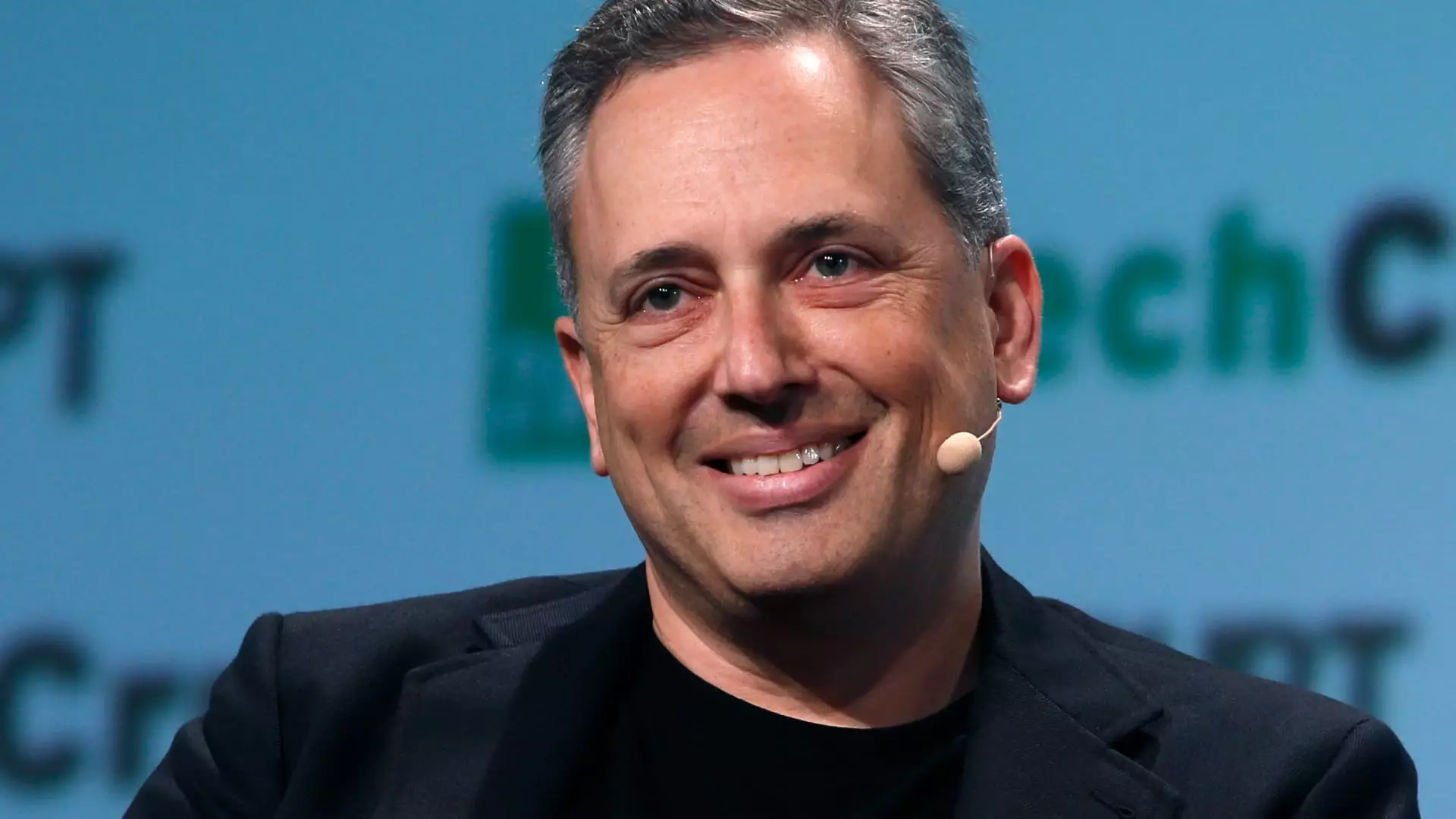The recent announcement by President-elect Donald Trump regarding David Sacks as the “White House A.I. & Crypto Czar” marks a significant shift in the administration’s approach to emerging technologies. This move not only underscores the growing importance of artificial intelligence and cryptocurrency in modern policy-making but also highlights a deeper connection between Silicon Valley and the political landscape. As Sacks prepares to take on this pivotal role, his mission will involve developing a legal framework for cryptocurrency while establishing a presidential council dedicated to advising on scientific and technological advancements.
Sacks is not a stranger to the realm of technology or politics. As a venture capitalist and a notable member of the so-called “PayPal mafia,” he has played a crucial role in the tech industry, particularly through his successful sale of Yammer to Microsoft for $1.2 billion. However, his political journey has been anything but linear. His past criticisms of Trump, especially following the January 6 Capitol riots, reflected a deeper moral quandary that many in the tech community face when aligning with political movements. Sacks’ transformation into a staunch Trump supporter, evidenced by hosting a lavish fundraiser in San Francisco earlier this year, raises eyebrows about his true motivations and values.
The addition of Sacks to the Trump administration’s roster is emblematic of a broader trend where figures from Silicon Valley, once seen as antagonists to conservative ideologies, now find themselves in influential political positions. Trump’s announcement emphasizes that Sacks will prioritize safeguarding free speech online and addressing concerns about bias from major tech companies. By aligning himself with the crypto community, Sacks suggests that the administration may adopt a favorable stance towards policies that resonate with entrepreneurial interests, potentially reshaping regulatory landscapes in favor of innovation and digital financial systems.
While many cryptocurrency enthusiasts may celebrate Sacks’ appointment, skepticism remains regarding the feasibility of achieving a balance between innovation and regulation. Some industry stakeholders are wary that political motivations could cloud a rational approach to technology governance. The challenge lies in crafting policies that encourage growth and adoption without stifling accountability or consumer protection. Given the complexities surrounding both artificial intelligence and cryptocurrency, Sacks’ effectiveness in this role will largely depend on his ability to navigate conflicting interests and promote cooperative dialogue with tech leaders and lawmakers alike.
As Sacks transitions into this role, the spotlight will be firmly on his initiatives and their outcomes. Critical areas of focus will include ensuring that the U.S. remains a global leader in technology while also addressing the implications that arise from its application. The success of Sacks as the “White House A.I. & Crypto Czar” will ultimately rest on his capacity to balance the fast-paced evolution of these technologies with the need for appropriate oversight, a task that will require both vision and pragmatism in what is sure to be a rapidly changing technological landscape.

